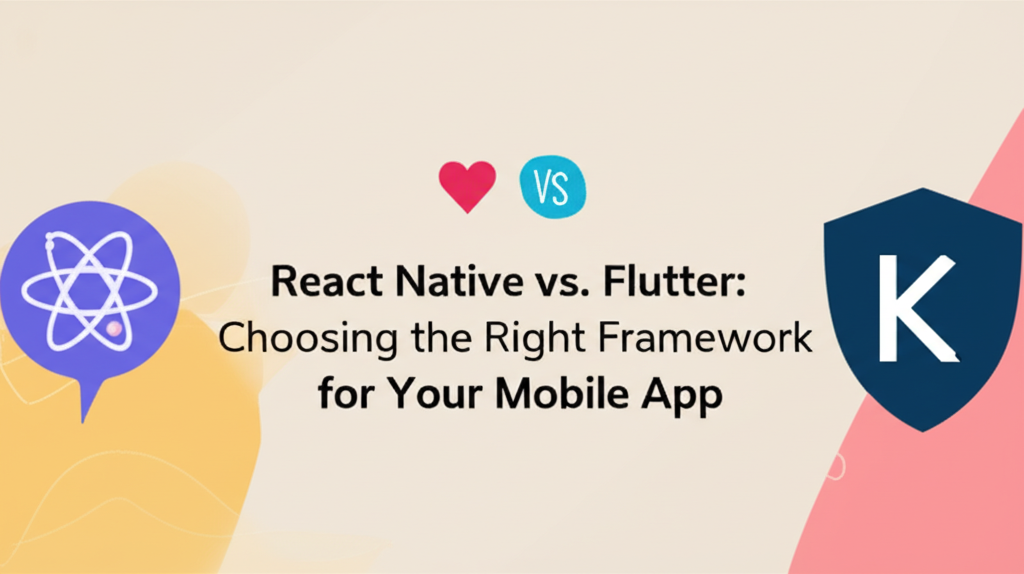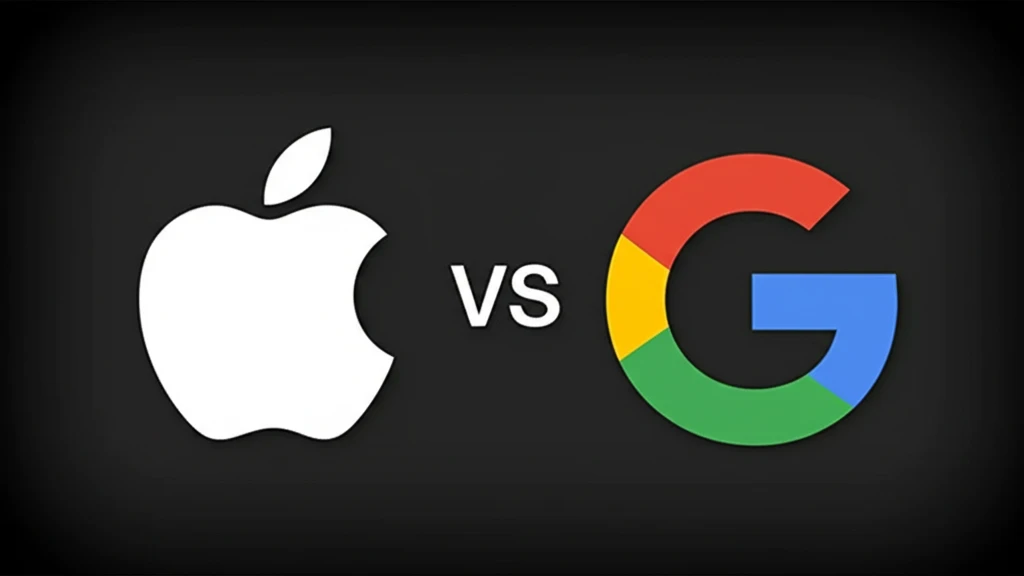In the fast-paced world of mobile app development, choosing the right framework is crucial for success. Two dominant players, React Native and Flutter, often find themselves head-to-head. Both offer cross-platform development capabilities, enabling developers to write code once and deploy it on both iOS and Android. However, their approaches and strengths differ significantly. This article dives deep into a detailed comparison to help you decide which framework best suits your project needs.
Understanding React Native
React Native, developed by Facebook, leverages JavaScript and React principles to build native mobile applications. It allows developers familiar with web development technologies to transition easily into mobile app development. React Native uses native UI components, resulting in apps that feel and perform like native applications.
Key Advantages of React Native:
- Code Reusability: Write once, deploy on both iOS and Android.
- Large Community Support: Extensive resources, libraries, and community support are available.
- JavaScript Proficiency: Utilizes JavaScript, a widely adopted and well-understood language.
- Hot Reloading: See changes in real-time without restarting the app.
- Native Performance: Access to native UI components provides near-native performance.
Disadvantages of React Native:
- Native Code Dependency: May require writing native code for certain functionalities.
- Performance Issues: Can experience performance bottlenecks in complex applications.
- Debugging Challenges: Debugging can be complex due to the JavaScript bridge.
- UI inconsistencies: Can face challenges in maintaining a consistent UI across both platforms
Understanding Flutter
Flutter, developed by Google, is a UI toolkit for building natively compiled applications for mobile, web, and desktop from a single codebase. Flutter uses Dart, a modern object-oriented language, and provides a rich set of pre-designed widgets. Flutter is known for its fast development cycles and expressive UI.
Key Advantages of Flutter:
- Fast Development: Hot reload and rich set of widgets accelerate development.
- Expressive UI: Customizable widgets and layered architecture enable creating visually appealing UIs.
- Cross-Platform Performance: Delivers consistent performance across different platforms.
- Single Codebase: Develop for multiple platforms with a single codebase.
- Growing Community: Rapidly growing community and increasing availability of packages.
Disadvantages of Flutter:
- Dart Language: Requires learning Dart, which might be new to some developers.
- Large App Size: Apps tend to be larger compared to native or React Native apps.
- Limited Third-Party Libraries: Fewer libraries compared to React Native, but the ecosystem is growing.
- Platform-Specific Code: Still may need platform-specific code for advanced functionality
Detailed Comparison: React Native vs. Flutter
Feature React Native Flutter
| Language | JavaScript | Dart
| UI Components | Native UI Components | Customizable Widgets
| Performance | Near Native | Consistent Across Platforms
| Development Speed | Fast with Hot Reload | Very Fast with Hot Reload and Widgets
| Community Support | Large and Mature | Rapidly Growing
| App Size | Relatively Smaller | Relatively Larger
| Learning Curve | Easier for JavaScript Developers | Requires Learning Dart
When to Choose React Native
Consider React Native if:
- Your team is already proficient in JavaScript.
- You need to build a simple app with standard UI components.
- You want to leverage the large ecosystem and community support.
When to Choose Flutter
Consider Flutter if:
- You want to create visually appealing and highly customizable UIs.
- You need consistent performance across platforms.
- You are comfortable learning Dart.
- You want to build complex applications with intricate animations.
Conclusion
Both React Native and Flutter are powerful frameworks for cross-platform mobile app development. The choice between them depends on your specific project requirements, team expertise, and desired user experience. Understanding the strengths and weaknesses of each framework will enable you to make an informed decision and build a successful mobile application.




